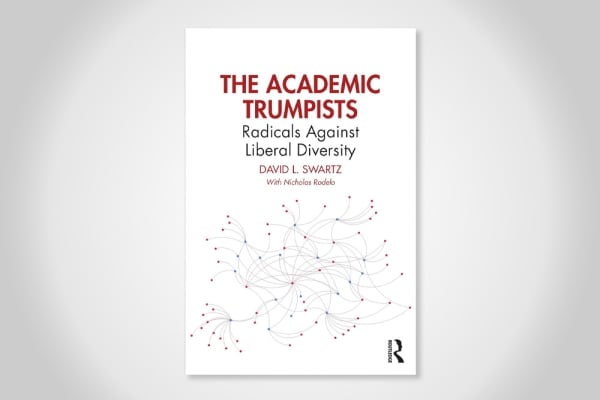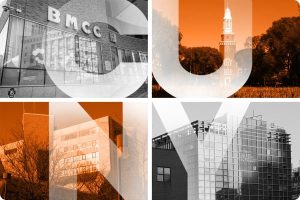The Academic Trumpists, Part 2: Understanding the Rise of Trumpism in Academic Circles
In recent years, the phenomenon of Trumpism has spread beyond political and social spheres and into academic circles. Known as the “Academic Trumpists,” these individuals have embraced the ideology of former President Donald Trump and are actively promoting his policies and beliefs within the university setting.
The rise of Academic Trumpists can be attributed to a variety of factors, including the increasing polarization of American society, the spread of misinformation on social media platforms, and a growing distrust of mainstream academic institutions. Many members of this group feel marginalized or silenced within academia and see Trumpism as a way to challenge the status quo and assert their beliefs.
One key aspect of Academic Trumpism is its rejection of traditional academic norms and values. Instead of promoting critical thinking, diversity of thought, and evidence-based research, Academic Trumpists often rely on conspiracy theories, half-truths, and cherry-picked data to support their arguments. This has led to a significant erosion of trust in scholarly work and a blurring of the line between fact and opinion.
Another defining characteristic of Academic Trumpism is its emphasis on nationalism, populism, and anti-intellectualism. Many Academic Trumpists see themselves as defenders of American values and culture, and view academia as a bastion of liberal elitism that is out of touch with the concerns of ordinary citizens. As a result, they are more inclined to embrace nativist rhetoric, reject globalism, and promote a simplistic, “us vs. them” worldview.
The influence of Academic Trumpists within universities is not insignificant. They have formed online communities, organized events, and published articles in conservative-leaning journals and websites. Some have even been invited to speak at academic conferences and receive funding from right-wing think tanks. This has raised concerns among scholars and educators about the integrity of academic research and the spread of disinformation within the higher education system.
Despite the challenges posed by Academic Trumpism, there are efforts being made to counter its influence. Scholars and activists are working to promote greater diversity and inclusion within academia, challenge the spread of misinformation, and defend the values of critical thinking and evidence-based research. By fostering a more open and inclusive academic environment, it is hoped that the influence of Academic Trumpists can be mitigated and the integrity of scholarly work preserved.
In conclusion, the rise of Academic Trumpism represents a significant challenge to the academic community. By understanding the factors driving this phenomenon and working to address its root causes, we can uphold the values of scholarship and critical inquiry in the face of increasing polarization and disinformation. It is only through collaboration and a commitment to truth that we can ensure the continued relevance and impact of academia in an increasingly complex and divided world.



